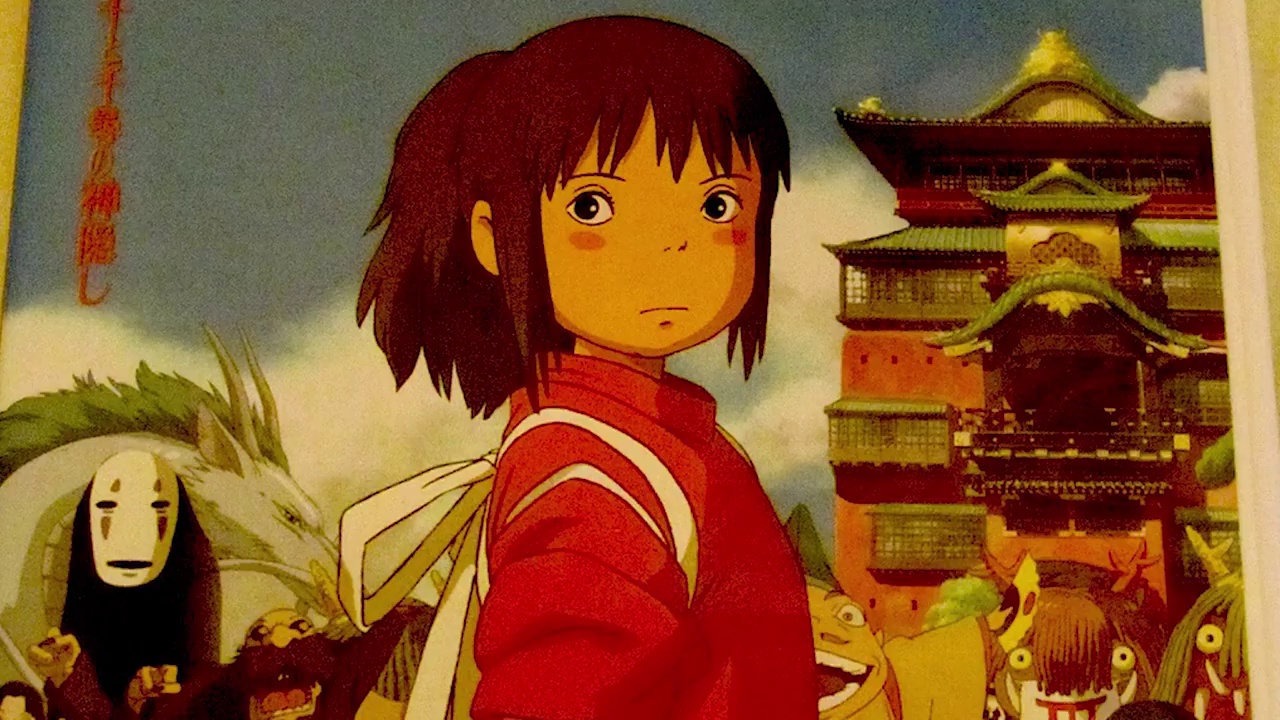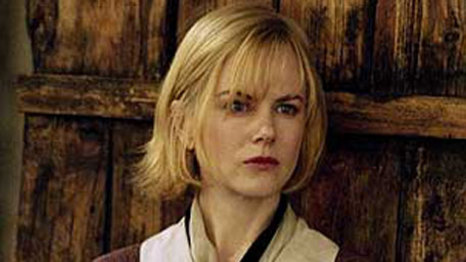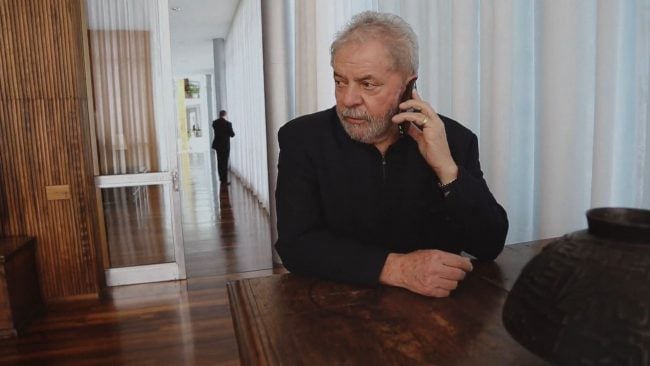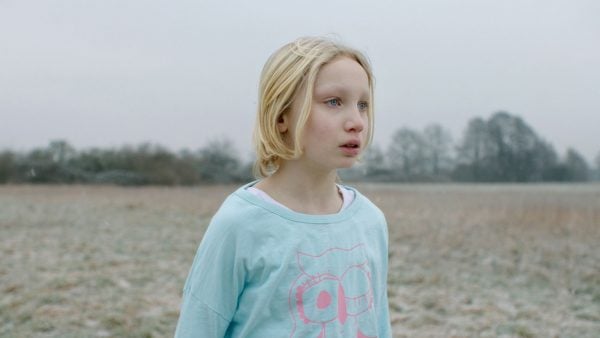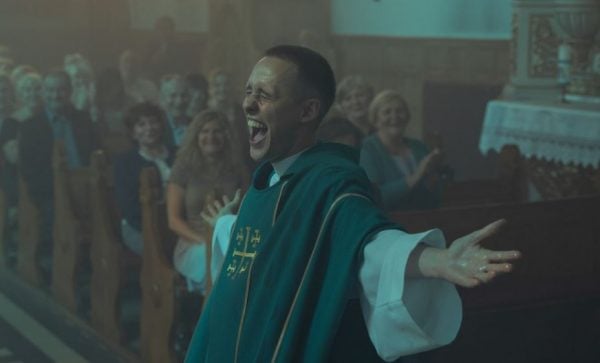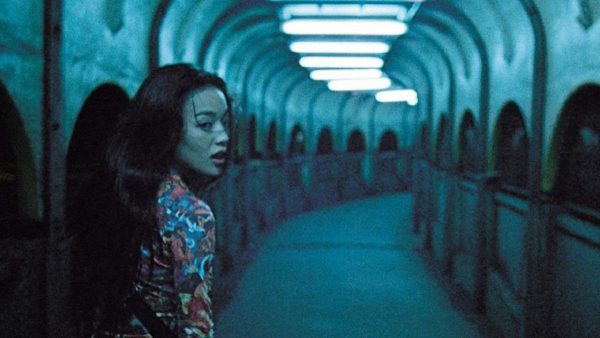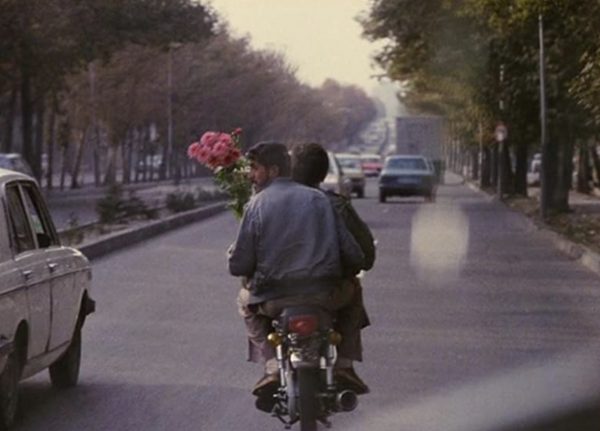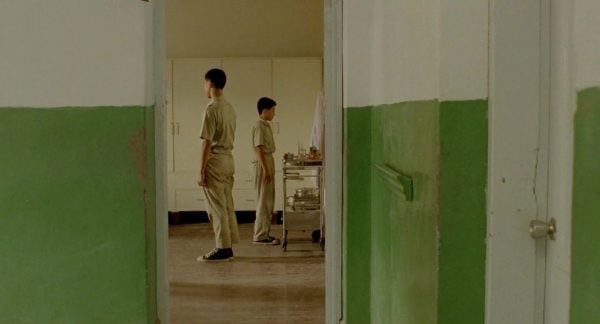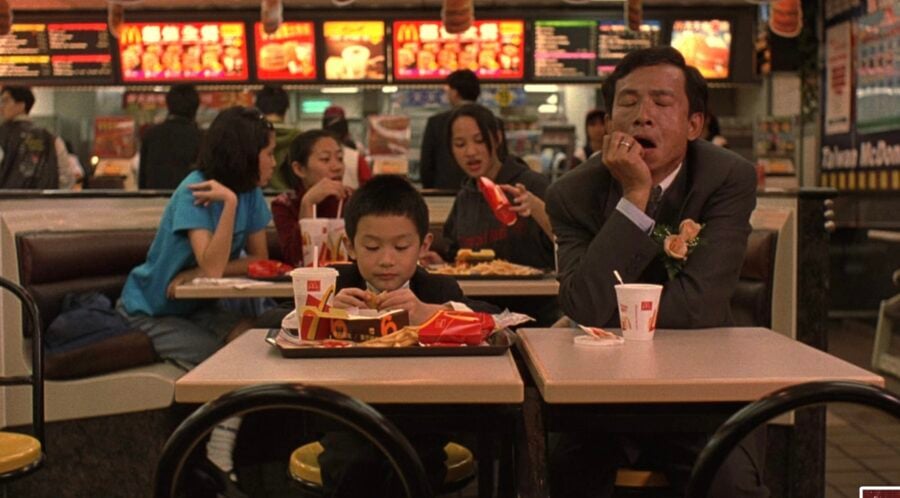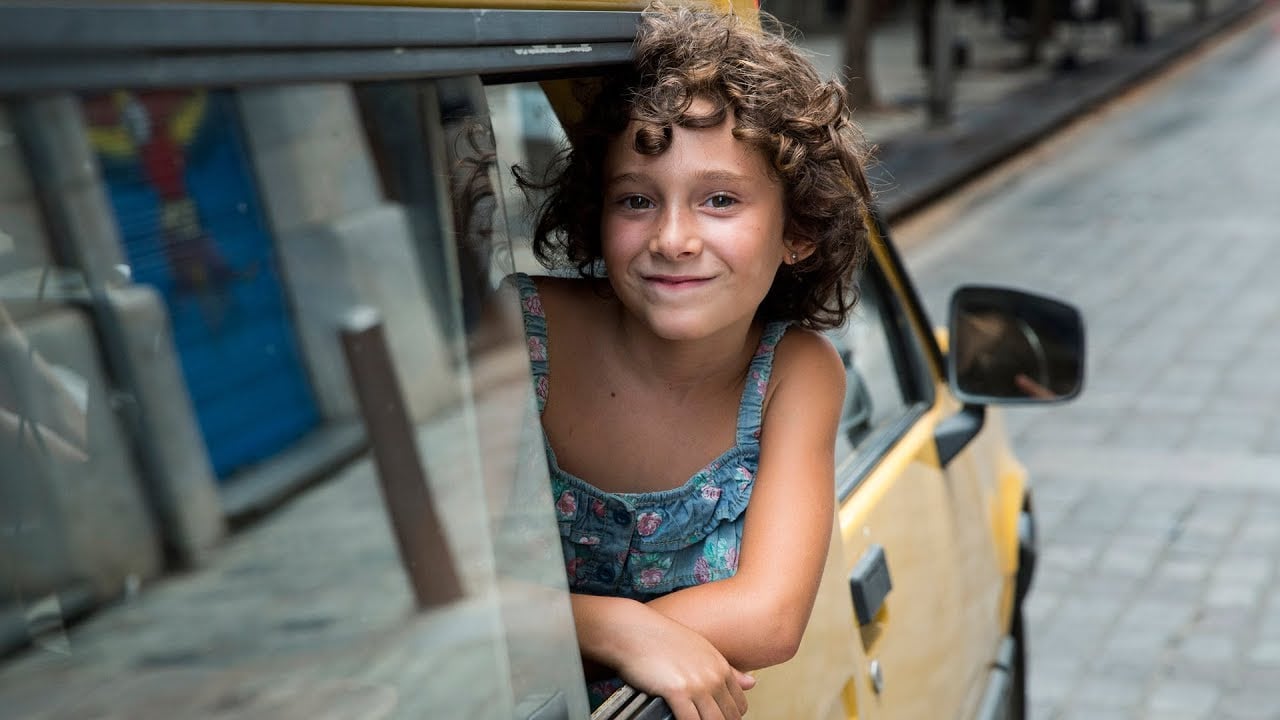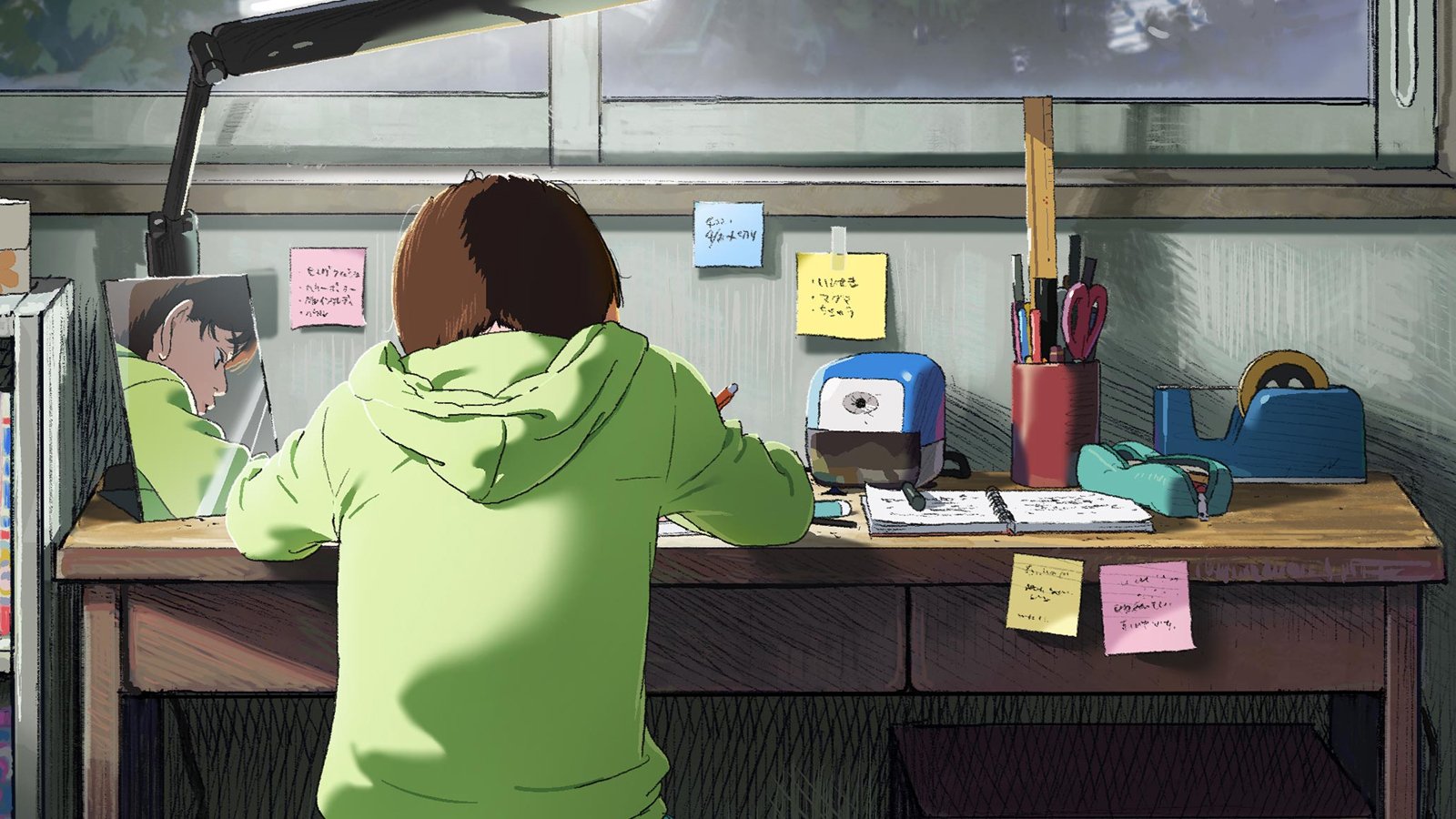
100 Best Films From Directors Under 30
April 7, 2025
Share:
In an industry dominated by seasoned veterans, these young prodigies have burst onto the scene, challenging conventions and redefining the art of storytelling. These films showcase the raw talent and unique perspectives of directors under 30 (at the time of their film’s release), proving that age is no barrier to cinematic brilliance. Prepare to be awe-inspired and witness the birth of a new generation of filmmakers who are destined to shape the future of cinema. Get ready to discover the best films by directors under 30 that will leave you in awe and eager for what’s to come.
Read also:
21. Spirited Away (2001)
Genres
Director
Actors
Moods
Frequently considered one of the greatest animated movies of all times, and certainly the highest-grossing film in Japanese history, Spirited Away is Hayao Miyazaki and Studio Ghibli at their very best. It was also the first non-English animation movie to win an Oscar. On the surface, it’s a film about a Chihiro Ogino (Hiiragi), a young girl who stumbles into an abandoned theme park with her parents. In a creepy spiritual world full of Shinto folklore spirits, she sees all kinds of magic and fantastic creatures, while having to find a way to save her parents and escape. In addition to the adventure, the coming-of-age theme, and the motifs of ancient Japanese lore, the film can also be understood as a critique of the Western influence on Japanese culture and the struggle for identity in the wake of the 1990s economic crisis. A deep, fast-paced, and hypnotizing journey.
22. Dogville (2003)
Genres
Director
Actors
Moods
Set in a town drawn in chalk outlines on the floor of a dark studio room. However unconventional the unrealistic stage-like set, the story of Grace (Nicole Kidman), a woman who arrives at this town seeking refuge becomes real enough to absorb you in a disturbing examination of human morals. It’s unique and features powerful performances, and will be more appreciated by anyone striving for something new. Directed by Lars von Trier.
23. The Edge of Democracy (2019)
Genres
Director
Actors
Moods
In this powerful documentary, Brazilian filmmaker Petra Costa intertwines her own family history with the democratic journey of her home country. As she says herself, Costa and her country’s democracy are of the same age. This is not the only reason why she was uniquely positioned to make a film like this: her parents were left-wing activists in the 1970s, who went to jail for their beliefs, while her grandparents were part of the ruling class have made Brazil’s strong-man politics and right-wing backlash possible. Her mother was held at the same prison that ex-president Dilma Rousseff (2011-2016) was sent to. Costa tells the story of Rousseff’s demise as well as that of Luiz Inácio da Silva (2003-2011) aka Lula, whose future remains up in the air. The Edge of Democracy is thus a gripping and urgent warning that democracy in the world’s sixth most populous country is under attack. In content and form, Costa is obviously opinionated, but she makes a strong point.
24. System Crasher (2019)
Genres
Director
Actors
Moods
While quite testing for viewers, this is one of the craziest, most high-energy movies you’ll ever watch. In this incredible German drama, child actor Helena Zengel plays Bernadette aka Benni, a traumatized 9-year-old child who tends to lash out and has been repeatedly suspended from every school she went to. Benni is a so-called “Systemsprenger” (which is the original German title). A system crasher is a child so uncontrollable and aggressive that, over time, she falls through the grid of special schools, foster care, and social work facilities. Despite the best efforts of her designated social worker, Frau Bafané, played by Gabriela Maria Schmeide, she is turned down by everyone, testing the patience of her surroundings, wherever she goes. A trip with Micha (Albrecht Schuch), a tough boxer and anger-management trainer, turns out to be the last resort. Directed by Nora Fingscheidt, System Crasher is intense, punky, and wild with an almost eerie sense of authenticity. Its devastating effect is helped along by its unique, hyperactive camerawork. Much like the social workers themselves, you might have a hard time keeping professional distance to all this. This intense drama will stay with you for a long time.
25. Corpus Christi (2020)
Genres
Director
Actors
Poland’s nomination for Best Foreign Language Film at the 2020 Academy Awards may have lost to Parasite, but director Jan Komasa’s film is still utterly compelling. The crazy sounding premise is inspired by true events: after having had a transformative experience in jail, an ex-convict, played by the wiry, blue-eyed Bartosz Bielenia, decides he wants to become a priest. When he is told that his criminal history prohibits it, he goes down the path that got him into trouble in the first place and just pretends he is. Apparently, he does so quite convincingly—and serves the community well, which is collectively grieving for the victims of a tragic accident. For all his charisma, there’s no way not to root for the crooked clergyman conning his way to the top. The complex character at the heart of Corpus Christi is refreshing and three-dimensional, and the smart writing of the film excels at exploring they grey areas of truth and religion. The ending, too, circumvents the soppy and the melodramatic. Thought-provoking European drama.
26. Millenium Mambo (2001)
Genres
Director
Actors
Moods
The atmosphere in Millennium Mambo is magical. The opening scene alone will leave you enchanted, with long walks through a tunnel-like space and dreamy techno music playing in the background. We are misled into thinking that this will be a movie full of colors and dance, and to some degree, this is true, as it portrays Taipei and its neon colors of green, pink, and blue, featuring dance sequences in a bar that serves flashy drinks. But as the movie develops, a chilling shadow is cast as we become entangled in a brutal relationship that is as full of cruelty as it is of love and lust. Narrated from the future, the story shows how the present-day protagonist, Vicky, grapples with her identity as she looks back upon her past self from ten years ago.
Chaotic, messy, but also peppered with moments of serenity and shot with flawless camerawork and cinematography, Millennium Mambo makes time feel fluid, and serves as a reminder that no matter how rough the journey may be, everything is always okay in the end.
27. Close-Up (1990)
Genres
Director
Actors
The apex of Abbas Kiarostami’s monumental filmography, Close-Up is a testament to the late directors’ ingenuity and humanism. Kiarostami documents the real-life trial of a man who impersonated fellow Iranian filmmaker Mohsen Makhmalbaf, and ingratiated himself to a family believing him to be the real deal. The courtroom drama and interviews are fascinating enough, but Kiarostami takes it one step further by having everyone involved reenact the events as they happened.
The result is an unparalleled piece of filmmaking that blurs the boundaries between documentary and narrative while posing vital questions about the exclusivity of cinema and the storytelling process. Despite its sophisticated constructions, Kiarostami’s direction is lucid and direct as it builds to a passionate and unforgettable conclusion.
28. A Brighter Summer Day (1991)
Genres
Director
Actors
Moods
At nearly four hours long, A Brighter Summer Day is a sprawling, beautifully composed film that follows young Xiao Si’r and his eventual entanglements in nearly everything, from love to youth gangs to politics. While parts of the story, particularly its bone-chilling climax, are based on true events, the film is largely reconstructed from Edward Yang’s memories of the era he grew up in. As a result, the visuals feel crisp and true, tinged with just the right amount of nostalgia to balance the grittiness of its realism.
As coming-of-age films go, A Brighter Summer Day is certainly more on the tragic side. It’s also seminal in its specificity and depth—an absolute must-watch for any and all filmgoers.
29. Yi Yi (2000)
Genres
Director
Actors
Moods
Edward Yang’s masterful and lush Yi Yi follows the lives of the Jian family and their respective, middle-class worries. The father agonizes over a business deal and, at the back of his mind, an old flame. The mother struggles with emptiness, the daughter with sensuality, and the son with his burgeoning artistry. In the periphery are other family members trying to get by as best they can despite having no certain future to look forward to. The story, which is bookended with life and death, is punctuated with these lingering anxieties but also, crucially, with moments of potent, profound joys.
The premise seems simple, but Yang weaves a breathtaking epic out of the mundane. The mise-en-scene is immersive, the dialogue delicate, and the direction effectively real. The understated elegance of each piece coming together to build a rich whole is what makes YiYi Yang’s legacy to the world of cinema.
30. Summer 1993 (2017)
Genres
Director
Actors
Moods
Summer 1993 charts a formative summer in the life of young Frida (Laia Artigas), a brooding six-year-old who, having just been orphaned by AIDS, is sent from her home in Barcelona to live in the countryside with her uncle (David Verdaguer), his wife (Bruna Cusí), and their little girl (Paula Robles). Catalan director Carla Simón drew on her own childhood experiences for the film, making Summer 1993 feel intimately told. It’s shot from the perspective of its young protagonist and is guided by the unpredictable rhythms of memory: we experience Frida’s new life the way she might remember it when she’s older, via snapshots of moments that stand out to a child, like the day she spent amongst the chickens in a neighbor’s farm or the moment another kid asks her why she isn’t more visibly upset about her mother’s recent death.
That emotional enigmaticness is what makes Artigas’s naturalistic performance so absorbing: she never plays Frida in a predictable dramatic register, so much so that it’s easy to forget we’re not watching a documentary. The unexpected little ways her grief manifests itself — along with Simón’s assured, impressionistic directing — make this a profoundly heart-rending watch throughout, and especially so in its gut-punch of a final scene.
Comments
Add a comment
Ready to cut the cord?
Here are the 12 cheapest Live TV streaming services for cord-cutting.
More lists
Lists on how to save money by cutting the cord.
Curated by humans, not algorithms.
© 2025 A Good Movie to Watch. Altona Studio, LLC, all rights reserved.
